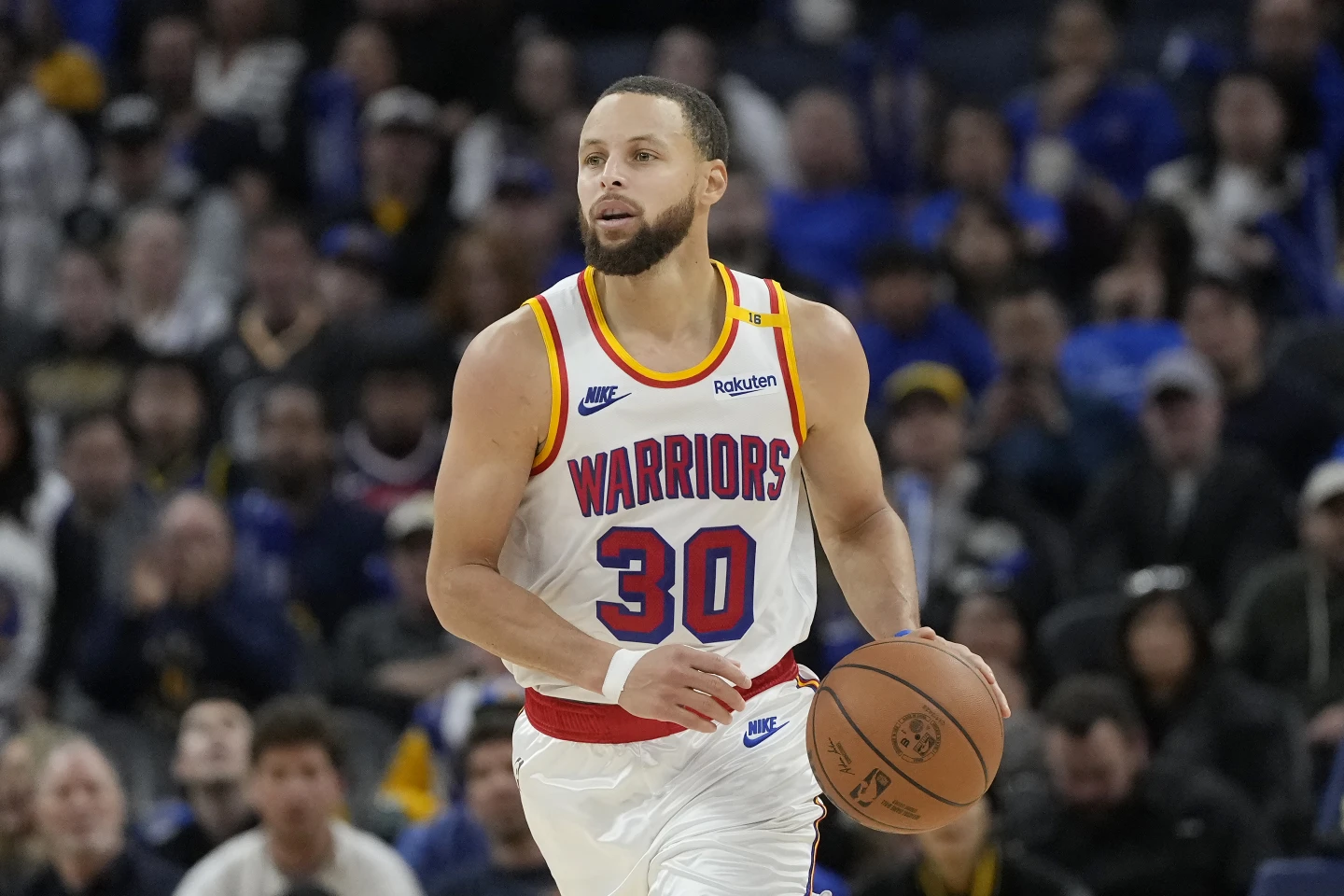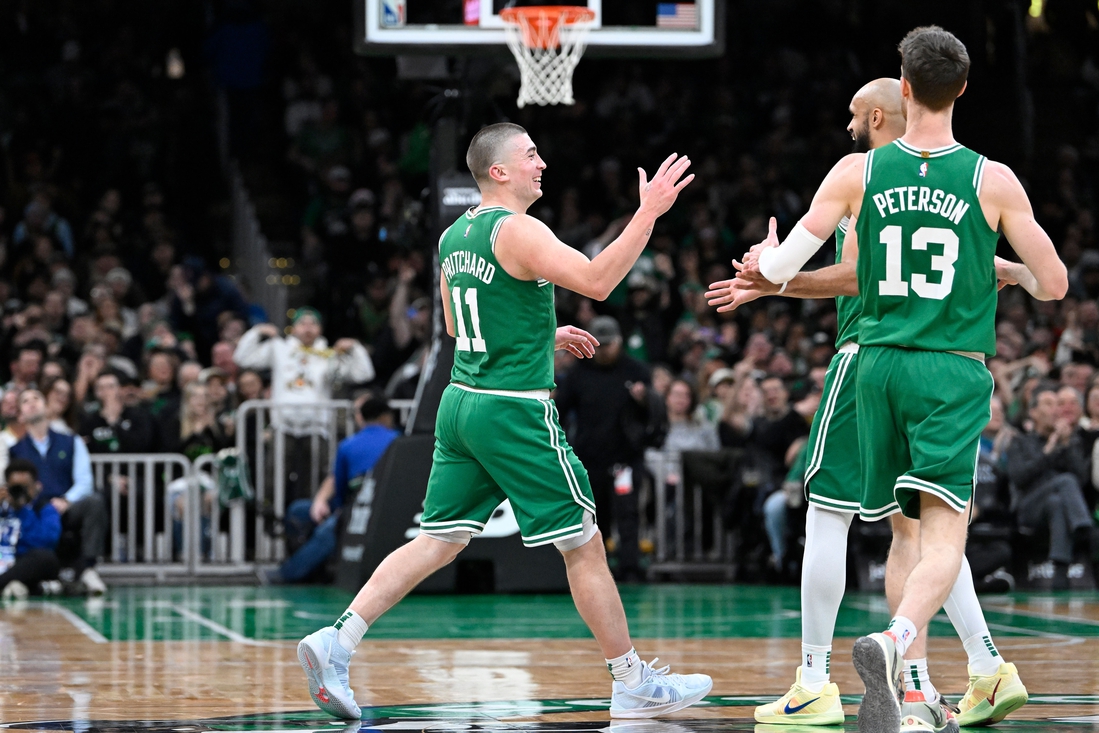The NBA has been cautious about expanding, mainly to wait and see how the sale of the Boston Celtics goes. The league hopes the sale will set a new record for the price of a franchise and, in turn, increase the entry fee for any new owners who want to join the league.
It seems like the NBA will get its wish, as there are reports of at least four, possibly five, bids for the Celtics. The sale price is expected to exceed $6 billion when the first round of bidding closes on January 23, according to Michael Silverman of The Boston Globe. From the initial group of bidders, two will be selected in February to proceed to the final round of bidding.
However, if one of the first-round bids meets the Grousbeck family’s expectations, the sale could end there. The Celtics are owned by the Grousbeck family, with Wyc Grousbeck being the majority owner and the franchise’s governor.
This news is likely something the Grousbecks wanted to leak before the first bids are submitted, potentially raising the sale price. While the details of the bidders are not public yet, it is known that Steve Pagliuca, a current minority owner of the Celtics, is leading one of the groups making a bid.
The Fenway Sports Group, which owns the Boston Red Sox in MLB, the Pittsburgh Penguins in the NHL, and Liverpool FC in the English Premier League, is also expected to place a bid.

The announcement of the Grousbeck family’s decision to sell the Celtics surprised many, especially since it came shortly after the team won the 2024 NBA title.
It appears that many members of the Grousbeck family saw this as an opportunity to sell the team at a high price. Mark Cuban, in explaining why he decided to sell his majority stake in the Dallas Mavericks, said that NBA ownership is shifting from being focused on technology to a focus on real estate.
Teams and new arenas are now seen as central to larger development plans, which Cuban said he didn’t specialize in.
Whoever ends up buying the Celtics will inherit a team that is capable of contending for titles, but also one facing difficult financial decisions ahead. For example, the team’s 2025-26 roster could cost over $500 million in salaries and luxury tax penalties, a figure that is unsustainable for most owners.
